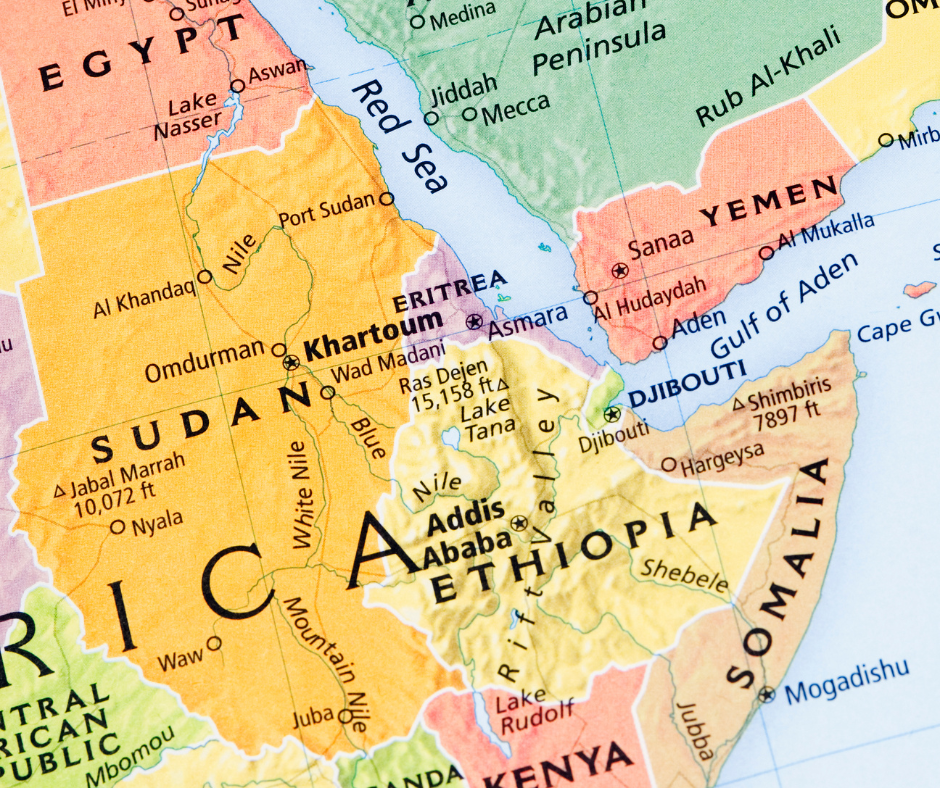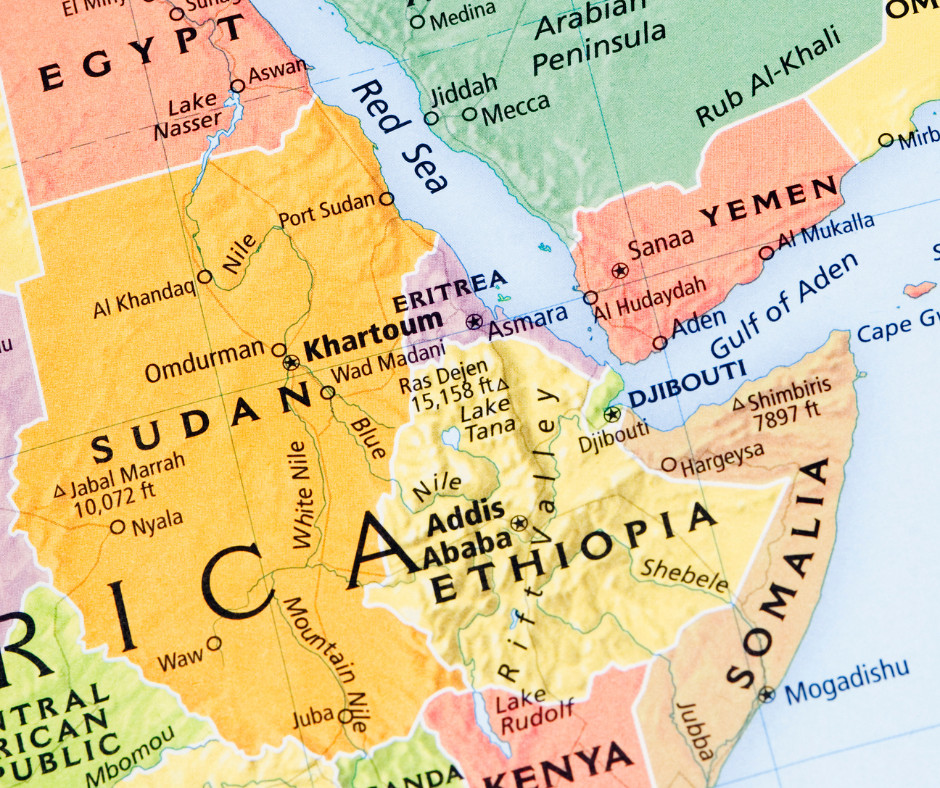The Horn of Africa States owns a significant maritime space, which stretches from the northern tip of Eritrea to the southern tip of Somalia, a distance of some 4,700 km, including its territorial space, its islands and economic exploitation zones.
In effect, it is as large as its land space, but currently the region has no formal way or institutions to manage or control its wealth, usage and security of its water space, which renders the region vulnerable to other forces from beyond the region who covet not only the wealth of those waters but also its strategic location. One must note that those waters are some of the busiest waterways in the world carrying a large part of global trade and more specifically oil and gas, desperately needed these days in Europe because of the ongoing third European War, in Ukraine.
Despite the importance of these waters, the region has not yet come together on how to handle the risks that could come from its water space. Currently many countries have come with their navies and forces to the region. We know of the Americans, the Chinese, the Japanese, the Germans, the French and the Turks, and many others. On the other side of the waters are the Gulf Co-operation Council Countries and there seem to be no protocols between the Horn of Africa States and the GCC countries. Attempts were made in 2019, when a council was formed in the Kingdom of Saudi Arabia, but these were only individual countries, obviously some stronger than the others and, hence dictating matters. The functionality of that agreement or its effectiveness has not become apparent as yet, and it appears just to have been formed at the spur of a moment!

There are opportunities for the region in these waters, but it also carries risks, and it is perhaps time the region sat round the table to lay down ground rules that manage and protect the region from those risks posed by the significant importance of its waters as a waterway for international trade and its wealth thereof. Such ground rules should also address not only managing the risks but its relations with countries on the opposite side of the waters in the Arabian Peninsula, whether they come in the form of a united region or individually.
It would be important for the region to commence discussing setting up an infrastructure or institution dealing with the seas and oceans of the region. Other regions and countries would take notice and would perhaps support and extend assistance towards its formation. A Horn of Africa States Maritime Security Institution (HASMSI) would be a good platform to address the region’s maritime needs in terms of security and economic exploitation. HASMSI would also work on easing and facilitating international usage of the waters for trade and logistics and hence would become a forum to deal with neighbors on the other side of the sea and others from beyond.
HASMSI would attend to issues including trade, maritime infrastructures such as ports, roads, and railways connecting them to the interior, development of maritime economic exploitation facilities and of course the region’s maritime protection and security. This would reduce and minimize the cost to each country individually and it would also enable the region to collectively negotiate with others with one voice.
The Horn of Africa States citizen or the Hornians as we prefer to call them (that is, the people of the Horn), would benefit not only from the wealth HASMSI would generate but also from its ability to become a source of employment, hitherto not exploited fully. Note the Hornians are a youthful population that is large, and which needs to be employed, instead of migrating to distant lands, some dying on the way while others could be exploited by ruthless human traffickers.
The HASMSI would provide another platform for the region to co-operate and collaborate for its own benefits, instead of each country being exploited by others for their own purposes. HASMSI would not only contribute to the integration of the region but would also add value to its collective development and security platforms.






